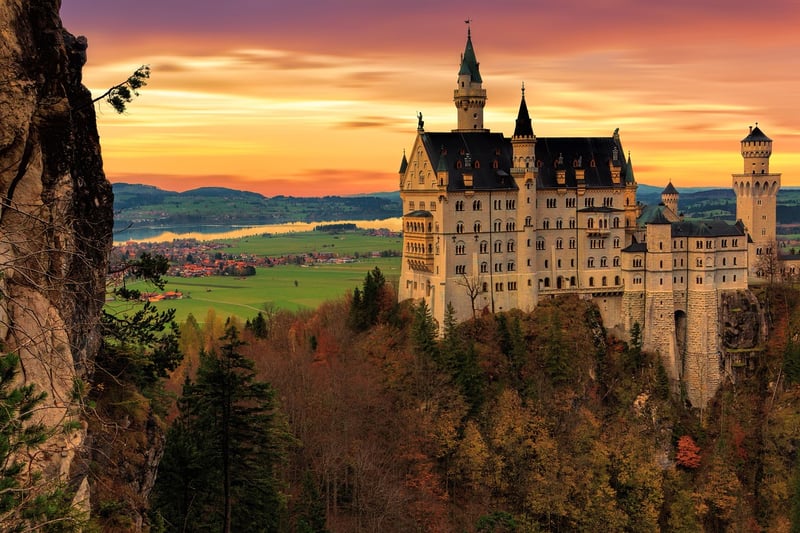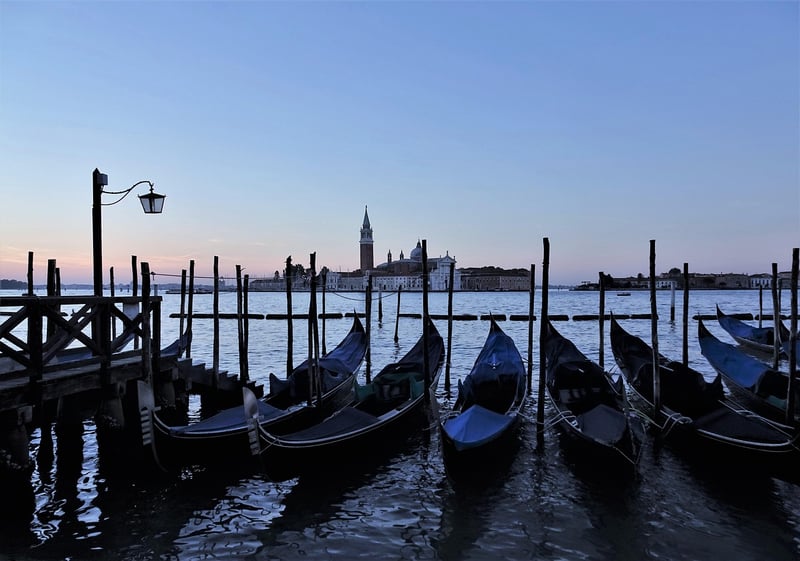Historical Revisions
Exploring Different Eras in History
History is a vast tapestry woven with the threads of time, each era contributing its own unique colors and patterns. By delving into different historical periods, we can gain a deeper understanding of where we come from and how we have evolved as a society. Let's take a journey through some of the most fascinating eras in history:
Ancient Civilizations
Ancient civilizations such as the Egyptians, Greeks, Romans, and Mesopotamians laid the foundation for modern society. Their advancements in architecture, art, and governance continue to influence us to this day.

The Middle Ages
The Middle Ages, also known as the Medieval period, spanned from the 5th to the 15th century. It was a time of knights, castles, feudalism, and the rise of powerful empires.

The Renaissance
The Renaissance was a cultural and intellectual movement that began in Italy in the 14th century and later spread throughout Europe. It marked a revival of art, literature, and learning.

The Age of Exploration
The Age of Exploration, starting in the 15th century, saw European explorers like Columbus, Magellan, and Vasco da Gama sail to distant lands, opening up new trade routes and shaping global interactions.

Historical Revisions
History is not a static narrative but a dynamic field that undergoes revisions and reinterpretations. Historians constantly reevaluate primary sources, archaeological findings, and cultural contexts to provide new insights into past events.
By examining different perspectives and challenging established narratives, historical revisions help us gain a more nuanced understanding of the complexities of human history.
Exploring different eras in history and staying open to historical revisions allows us to engage with the past in a meaningful way, shaping our present and future with a deeper appreciation for the rich tapestry of human experience.
